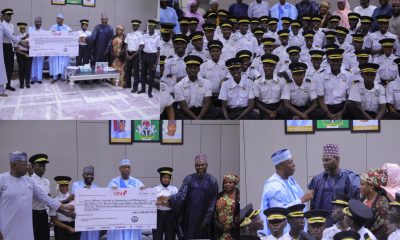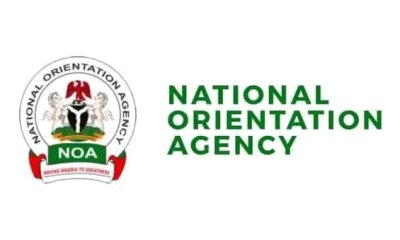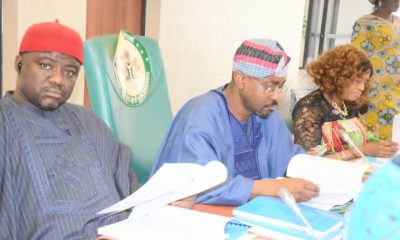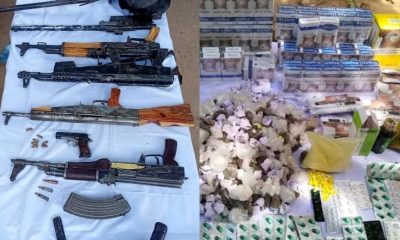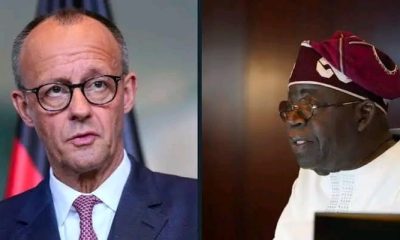National
Reps Probe $4.6bn Global Fund, USAID Grants Utilisation …As Health Minister Seeks Why We Must Increase Funding To Reduce Dependence On Donors
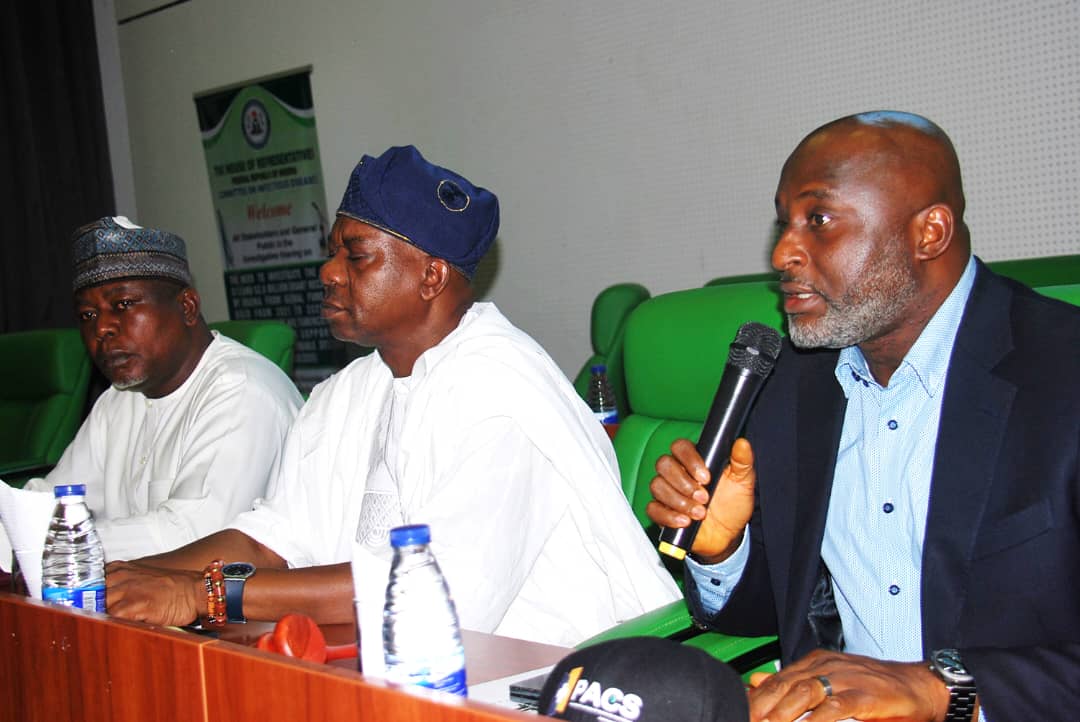
By Alkassim Bala Tsakuwa, Abuja
The House of Representatives Committee on Infectious Diseases has on Monday launched a probe into the utilisation of over $1.8 billion and $2.8 billion grants received by Nigeria from the Global Fund and the United States Agency for International Development (USAID) between 2021 and 2025 for the fight against HIV/AIDS, Tuberculosis, and Malaria, as well as for strengthening health systems.
In his opening address, Chairman of the Committee, Hon. Amobi Godwin Ogah, said the probe was aimed at finding out the utilisation of the huge grants to ensure accountability in the management of funds aimed at tackling infectious diseases ravaging Nigerians.
He informed that the House had, during plenary on October 21, 2025, mandated the then Committee on HIV/AIDS, Tuberculosis, and Malaria Control (ATM) to investigate the matter.
Hon. Ogah said, “Nigeria continues to be battered by the ill effects of a greater burden of HIV, Tuberculosis, Malaria and other numerous infectious diseases. It appears that while budgetary allocations and donor funds are mobilized for the response against these health challenges, there is no reprieve in sight as Nigerians are ravaged daily”.

The Committee Chairman said the investigation became imperative to ascertain what had been done with the huge grants received adding that, 90 percent of the country’s intervention funds for these diseases came from international partners.
The lawmaker warned that Nigeria would no longer accept being a “mere spectator” in the management of grants given to it, insisting that donor funds must henceforth be managed in line with Nigeria’s priorities.
He added, “Any grant or assistance being given to us without us managing such grant is unacceptable. If they would not give us such grants and assistance on our terms, then let them keep their grants,” he declared. “We must assert our capacity to take charge of our affairs, particularly in the response against HIV/AIDS, Tuberculosis and Malaria.”
He directed the Ministry of Health and Social Welfare and the Country Coordinating Mechanism (CCM) to ensure that all principal recipients and implementing partners submit their implementation plans for approval by the National Assembly before funds are released.
He said, “The era of spending Nigeria’s money without approval and accountability is over. Anyone, whether state or non-state actors, must indeed account for every Nigerian kobo spent for the response against public health threats”.

Hon. Ogah also disclosed that the House was amending the NACA Establishment Bill to transform the agency into a multi-sectoral body with an expanded mandate. When passed, the agency will be renamed the National Agency for the Control of AIDS, Tuberculosis and Malaria (NACATAM).
He added that, with the 8th replenishment of the Global Fund expected this month, Nigeria must move away from dependency and inefficiency in managing donor resources.
He revealed that the committee would work closely with the EFCC and ICPC to ensure that principal recipients and implementing partners of all grants account to Nigerians.
He said, “We must maximize and efficiently utilize the resources at our disposal by cutting out all forms of duplication and wastage, while allocating domestic resources to areas that will present greater value for Nigerians. This is even more critical when you consider that some funding for terrorist activities has been traced to grants and donor funds”.
He called on the implementing partners to prepare for robust parliamentary oversight, noting that some lacked proper or verifiable office addresses. The committee, he said, would hold the Ministry of Health and the Country Coordinating Mechanism responsible for ensuring accountability from all entities receiving donor grants.
He said, “This exercise is an essential ingredient of democracy and should not be seen as a vendetta or warfare,” he said. “We are very clear in our vision to ensure that no Nigerian child dies before age five from HIV, Tuberculosis, or Malaria. We want to ensure that the advocacy and commitment that will lead to the elimination of infectious diseases in our country by 2030 are championed and owned by all relevant stakeholders.”
In his address, the Minister of Health and Social Welfare, Dr. Muhammad Ali Pate, has stated that, Nigeria must increase funding in the health sector to ensure a gradual end to Nigeria’s dependence on foreign aid in funding for HIV/AIDS, tuberculosis and Malaria interventions.
According to the minister, the country must take greater responsibility for financing its health priorities as donor funding declines after two decades of support.
Declaring the investigative hearing session open, the Speaker of the House of Representatives, Hon Abbas Tajudeen who was represented by Hon. Ibrahim Isiaka, said the investigation reflects the parliament’s resolve to ensure transparency in health funding.
He said it would produce an evidence-based report on how the grants were received, utilized and their impact on public health, while strengthening accountability and governance in the sector.

